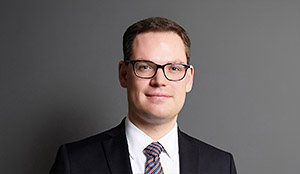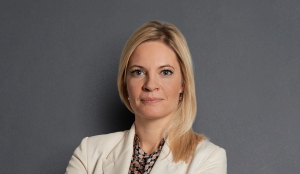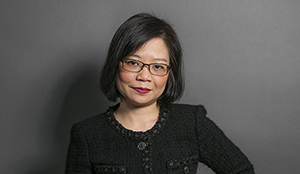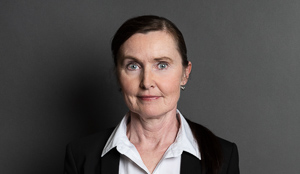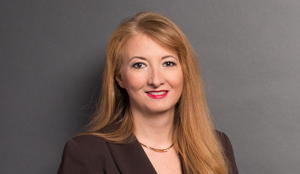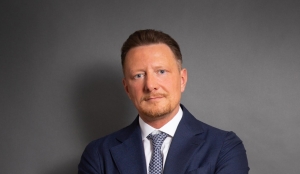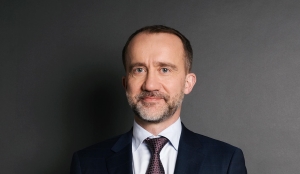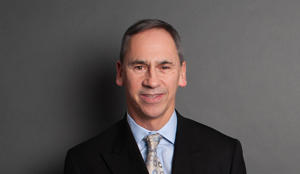German Federal Court: German merchants are allowed to surcharge Paypal and Sofort
On 25 March 2021, the German Federal Court (the highest civil court in Germany) ruled that German merchants are allowed to apply a surcharge on payments made via PayPal and Sofort.
We provide below a summary of the background to this decision, an analysis of the Court’s decision and its implications for German merchants.
The dispute
German law (more precisely section 270a of the German Civil Code (Bürgerliches Gesetzbuch – BGB)), implementing Article 62(4) of the second Payment Services Directive (PSD2), prohibits surcharging for payments that are subject to the EU SEPA Regulation (Regulation 206/2012) namely SEPA credit transfers (SCT) and SEPA direct debits (SDD). It also prohibits surcharging for payments with cards that are subject to interchange fee caps under the EU Interchange Fee Regulation (IFR), namely consumer cards. German law does not explicitly prohibit surcharging for payments made via PayPal and Sofort.
The issue of whether PayPal and Sofort transactions can, or cannot, be surcharged by German merchants has been controversial for quite some time.
In 2018, the German association fighting against unfair competition (Wettbewerbszentrale) brought a case against FlixMobility (the operator of the long-distance bus lines, FlixBus) based on the fact that FixMobility was applying a surcharge on payments made via PayPal and Sofort.
LG Munich I (2018)
In December 2018 (see our client alert on this judgment here), the Regional Court I of Munich (LG Munich I) ruled that German law prevented German merchants from imposing a surcharge on payments made via Sofort and PayPal. In relation to Sofort, the LG Munich I based the decision on the fact that a payment initiation service (PIS) initiates a SCT, which clearly cannot be surcharged under German law. For PayPal, the reason for applying the surcharging ban was that the transfer of funds to PayPal (for onward transmission by PayPal to the merchant) is commonly a SCT or a consumer card payment which cannot be surcharged under German law.
OLG Munich (2019)
The decision of the LG Munich I was appealed (as we previously reported - see here), and on 10 October 2019 the Higher Regional Court of Munich (OLG Munich) overturned that decision. OLG Munich ruled that German law does allow merchants to surcharge payments made via PayPal and Sofort. The main reasons underlying that decision were:
- There is no general ban on surcharging under German law. PSD2 is only a measure of minimum harmonisation leaving EU Member States free to extend the prohibition of surcharging to payments methods other than SCT/SDD and consumer cards. The German legislator decided not to extend the PSD2 prohibition to other payment methods other than SCT/SDD and consumer cards. This derives from both the actual wording of the relevant German provision and also from an explanatory memorandum accompanying the German transposition of PSD2 into Germany law (which LG Munich I had not made any reference to in its previous decision).
- In relation to PayPal, their business model is based on the transfer of e-money between the e-money accounts of the payer and that of the payee. Typically, the payer will fund their PayPal account via an SCT/SDD or a card-based payment, and that funding transaction cannot be surcharged (if the card is a consumer card of course), however, those funds are then converted into e-money. The transfer of funds to the payee (e.g. an online merchant) is not a SCT/SDD or a consumer card payment, but instead a transfer of e-money from the account of the payer to the account of the payee. Therefore the prohibition of surcharging by the payee does not apply. The surcharge that a merchant would apply is therefore not a surcharge imposed on the SCT/SDD or (consumer) card-based payment made to fund the payer's PayPal account, but instead is based on the involvement of the third party in the payment process (namely PayPal).
- In relation to Sofort, OLG Munich recognises that the underlying payment method to a payment via Sofort is a SCT, which in principle cannot be surcharged. However, that SCT is not initiated by the payer to the payee. Instead the SCT is initiated by Sofort acting as payment initiation service provider (PISP) under PSD2. There is a separate contractual relationship between the payer and Sofort, and between the payee (e.g. online merchant) and Sofort, that would not exist in a case where the payer would initiate a SCT directly from his/her account to the account of the payee. The tasks performed by Sofort include a credit check of the payer, and thus accelerates the payment process. The surcharge is therefore based on the involvement of that third party in the payment process, and is therefore not a surcharge applied by the merchant in relation to the underlying SCT.
The Federal Court decision (2021)
Wettbewerbszentrale sought the revision of the OLG Munich (2019) decision before the German Federal Court (which is not a re-trial of the case – instead the Court merely checks the coherent application of the law).
After the hearing of the case which took place in December 2020, the press reported last year that, according to an initial assessment by the Federal Court, fees on PayPal payments or Sofort transfers were probably legal, meaning that Federal Court would probably side with the OLG Munich decision.
And indeed, on 25 March 2021, the Federal Court confirmed that merchants in Germany are allowed to surcharge payments with Sofort and PayPal if the fee is solely charged for the use of these means of payment, but not for any related use of a SDD, SCT or a consumer card.
According to the press release of the Federal Court (available in German only), this decision is based on the factual findings of the OLG Munich. When using Sofort, the merchant does not charge a fee in relation to the SCT, but for the service provided by the PISP (who provides also additional services, e.g. credit check). When using PayPal, the fee is not charged for loading money onto the PayPal account (which can be done by SDD, SCT or with a consumer cards), but for the service provided by PayPal of transferring e-money for one e-money account to another.
This therefore provides the much needed legal clarification that, while a German merchant cannot surcharge SCT, SDD and consumer card payments, it can however impose a surcharge on payments via PayPal and PISPs such as Sofort.
However, pursuant to section 311a para. 4 of the German Civil Code (Bürgerliches Gesetzbuch – BGB) (the German law provision that implemented Article 19 Consumer Rights Directive), the amount of the surcharge should not exceed the “direct costs” borne by the payee for the use of the specific payment instrument.
On 18 June 2019, the Federal Court ruled that “direct costs” cover (without exception) all transaction fees, i.e. those charged by the payment service provider (PSP) for the specific transaction. In addition, other costs which are closely related to the specific transaction are “direct costs” (e.g. higher labour expenses if the merchant can provide evidence that the costs are payment transaction related). Fees charged by the PSP irrespective of a transaction (e.g. rental fees for terminals, expenses for staff training, general labour expenses) are “indirect costs” that therefore cannot be included in the surcharge.
The judgment of the Supreme Court is not yet available in writing, but should be available in the next weeks. We will inform you when the written judgment is published.
If you would like to receive our regular Payments alerts in your inbox, click here.
If you would like to read Bird & Bird's previous alerts, please check out our Payments InFocus webpage here.

